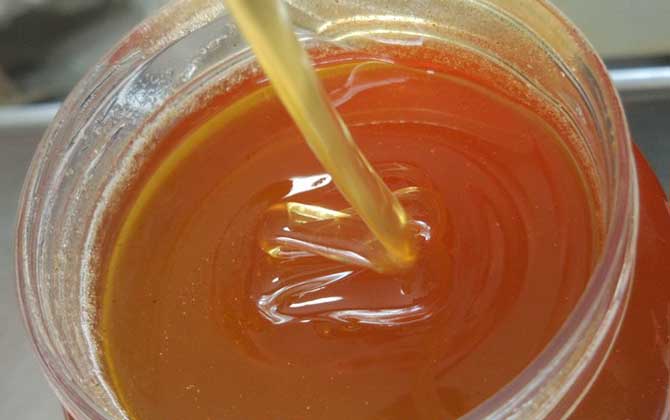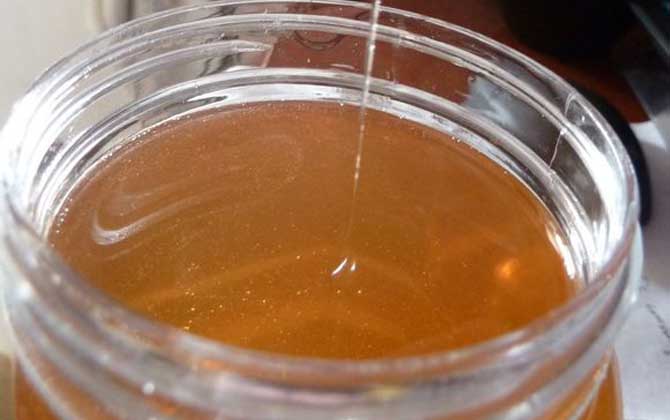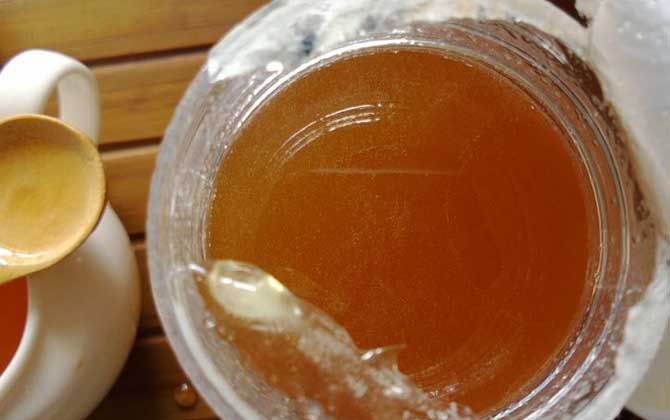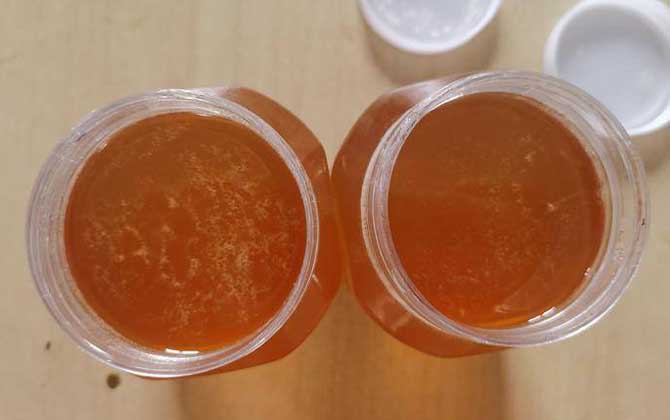What is Jujube Honey?
Jujube honey, derived from the nectar of the wild jujube tree (Ziziphus jujuba var. spinosa), is a rare and prized honey variety. As a deciduous tree in the Rhamnaceae family, wild jujube thrives across China, with notable production hubs in Hebei, Shanxi, Shaanxi, Inner Mongolia, and Liaoning provinces. Valued for both its culinary excellence and economic significance, this amber-colored honey offers unique flavors and health benefits. Let’s explore its characteristics in detail.

I. Botanical Profile & Production
Jujube honey is created when bees collect nectar from wild jujube blossoms during their June-July flowering season. Key production features include:
- Optimal nectar secretion at 26-32°C, with reduced output below 25°C or above 35°C
- Peak production at 50-70% relative humidity
- 20-30 day nectar flow period
- Annual yield per hive: 10-25 kg (normal season), up to 40 kg in exceptional years
The wild jujube tree’s drought-resistant nature makes it particularly suited to northern China’s climate.

II. Physical Characteristics
Jujube honey displays distinct features that set it apart:
Appearance
Viscous amber liquid with crystalline sheen
Aroma & Flavor
Distinctive floral bouquet with sweet richness and subtle tartness
Crystallization
Slow-forming pale yellow crystals under prolonged cold
Texture
Smooth mouthfeel with lingering warmth

III. Geographical Distribution
While cultivated across China’s diverse regions, premier production areas include:
- Northern China: Hebei, Shanxi, Inner Mongolia
- Northeast: Liaoning, Jilin
- Northwest: Shaanxi, Gansu, Xinjiang
- Eastern China: Shandong, Jiangsu
- Central China: Henan, Hubei
- Southern China: Limited production in Fujian, Guangdong
Regional terroir significantly influences flavor nuances, with northern varieties often exhibiting more complex mineral profiles.

IV. Nutritional Composition & Health Benefits
Jujube honey’s therapeutic properties stem from its unique biochemical profile:
1. Immune Enhancement
- Monosaccharides (38% glucose, 42% fructose) fuel immune cell activity
- Zinc (0.3mg/100g) and selenium (0.8μg/100g) support antibody production
- Flavonoids demonstrate antimicrobial effects in clinical studies
2. Energy Metabolism
- Low glycemic index (54) ensures sustained energy release
- B-complex vitamins enhance ATP production
- Potassium (52mg/100g) aids neuromuscular function
3. Hematopoietic Support
- Iron (0.9mg/100g) and copper (0.1mg/100g) boost hemoglobin synthesis
- Amino acids (proline 0.2%, phenylalanine 0.1%) stimulate RBC production
4. Digestive Health
- Amylase (4.5 DN) and diastase (18.5 DN) aid carbohydrate breakdown
- Acetylcholine (0.3mg/100g) enhances peristalsis
- Prebiotic oligosaccharides promote gut microbiota balance
Modern research from China Agricultural University (2022) reveals jujube honey contains 18 amino acids and 31 trace minerals, with antioxidant levels 23% higher than clover honey.
V. Culinary Applications
Beyond traditional uses, contemporary chefs employ jujube honey in:
- Marinades for Peking duck – balances fatty richness
- Artisanal cheese pairings – complements aged gouda
- Mixology – enhances whiskey sour variants
- Fermentation – boosts kombucha complexity
Proper storage in glass containers at 15-20°C preserves its delicate flavor profile for up to 24 months.